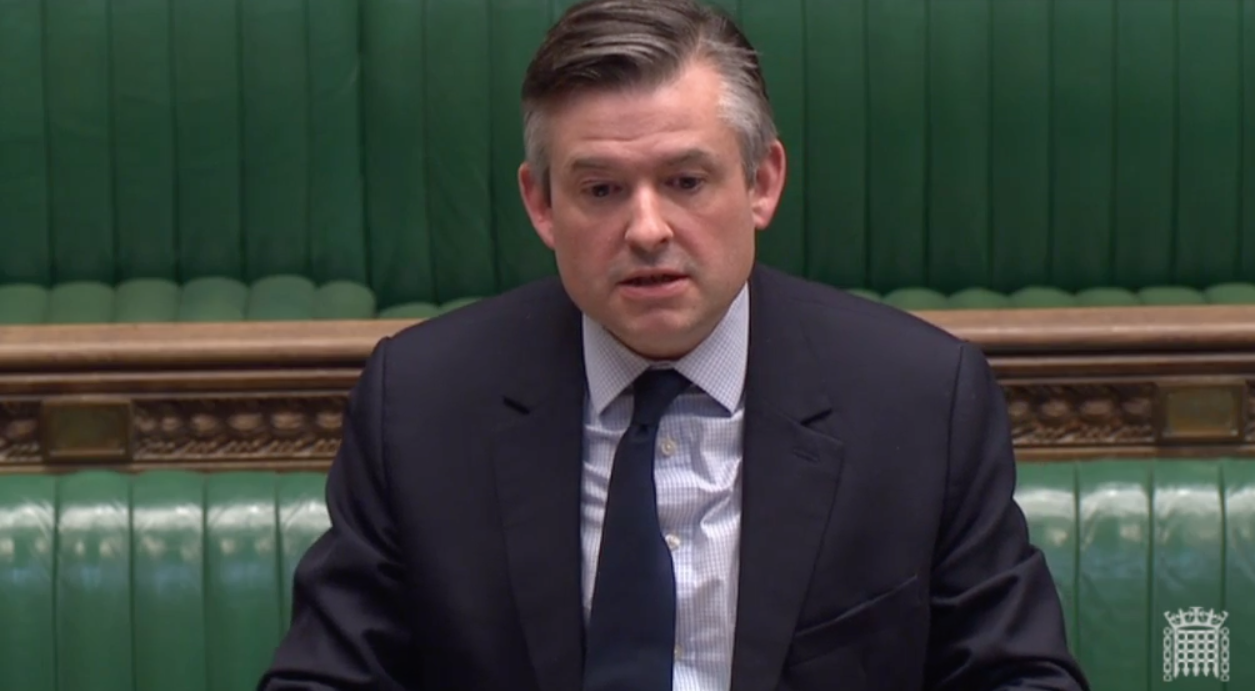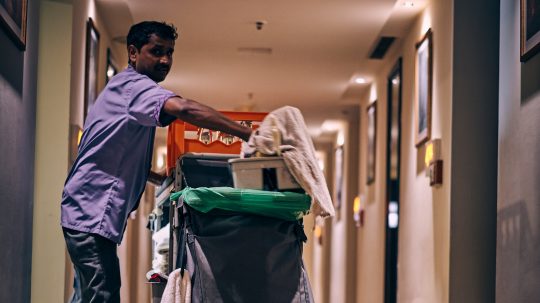The UK government’s emergency coronavirus legislation “downgrades” the level of support local authorities must provide disabled and older people, MPs have warned.
The government’s 329-page Emergency Coronavirus Bill passed through the House of Commons on Monday (23 March) and is now set to go through the House of Lords.
Among a swathe of changes it is set to bring is to temporarily suspend local authorities’ legal duty to meet the care needs of all people who are eligible under the Care Act 2014.
Instead, councils will have a duty to provide care only if necessary to avoid breaching a person’s rights under the Convention of Human Rights (ECHR).
Labour’s shadow health secretary, Jon Ashworth, said that this change “downgrades” the level of support which local authorities are legally obliged to provide older and disabled people.
“In short, this means they will only be entitled to social care to keep them alive and uphold their right to privacy and family live,” Ashworth added.
He called for the Equality and Human Rights Commission (EHRC) to be tasked with overseeing the impact this has on social care provision.

Labour’s shadow health secretary John Ashworth. Credit: Parliament TV
Liberal Democrat leader Ed Davey said he is “yet to be convinced” this provision was necessary. His party said local authorities should be required to meet social care needs “as long as they had resources to do so”.
Former health secretary Jeremy Hunt warned that the change, if in place for longer than a year, would create “more pressure, not less pressure, on hospitals”.
The government’s Bill states that adult social care services will face “surging demand and reduced capacity” from staff absence during the peak of the Covid-19 outbreak.
It adds: “This may make it impossible for [local authorities] to continue to deliver at current service levels, or undertake the detailed assessments they would usually provide.”
Health secretary Matt Hancock said that the purpose of the change “is to allow for a prioritisation of social care should that be necessary”.
The Coronavirus Bill is set to last for two years. The government agreed that Parliament could debate and vote on the Bill every six months.
‘A very low bar’
Ahead of Monday’s debate, disability campaigner Francesca Di Maggio, who relies on social care to live independently, warned the change “is putting people’s lives in danger”.
“[The ECHR] is a very low bar,” she said. “Back in 2014, the European court ruled that a woman who was forced to wear nappies, rather than be given carers so that she could access a bathroom, was not a breach of her human rights.”
⚡️URGENT CALL TO ACTION⚡️
By Monday night every right disabled people have to social care will be scrapped in the #CoronavirusBill but activism works, so act.
Email your MP NOW 👇https://t.co/ilhd0WKKdi pic.twitter.com/6sG4BQDhHZ
— Francesca (@Fran_Face) March 22, 2020
The case Di Giorgio refers to is one where a local authority placed a severely disabled, incontinent mum-of-six in unsuitable accommodation where she was not able to go to the bathroom in time.
The court ruled that the state of affairs was not bad enough to count as breach of her right not to be subjected to “inhuman and degrading treatment”. However, it did find that her right to privacy had been breached.
Barrister Jamie Burton tweeted: “This is of course a serious health crisis. But it is hard to think that these changes won’t make it worse. Critically, the link between current failures to meet care needs and pressure on the NHS is well established. Now does not seem like a good time to test that evidence.”
Svetlana Kotova, from disability campaign group Inclusion London, said: “They are clearly expecting staff shortages. But to deal with that you need to fund and initiate a huge recruitment drive.”
In a briefing document, the Local Government Association welcomed the measures, which it said would help “prioritise resources, services and support to those with the greatest needs”.
“Councils will of course do all they can in these difficult circumstances to meet people’s needs,” it added. “Adult social care does, however, start from a position of pressure and we estimate that the service faced a funding gap of £810 million in 2020/21 even before the coronavirus took hold.”
It called for councils, rather than the health secretary, to have the power to decide when to relax their duties under the Care Act.
- Do you have a medical condition that makes you extremely vulnerable to coronavirus? Find out from this government site about signing up to get help, such as food deliveries.





